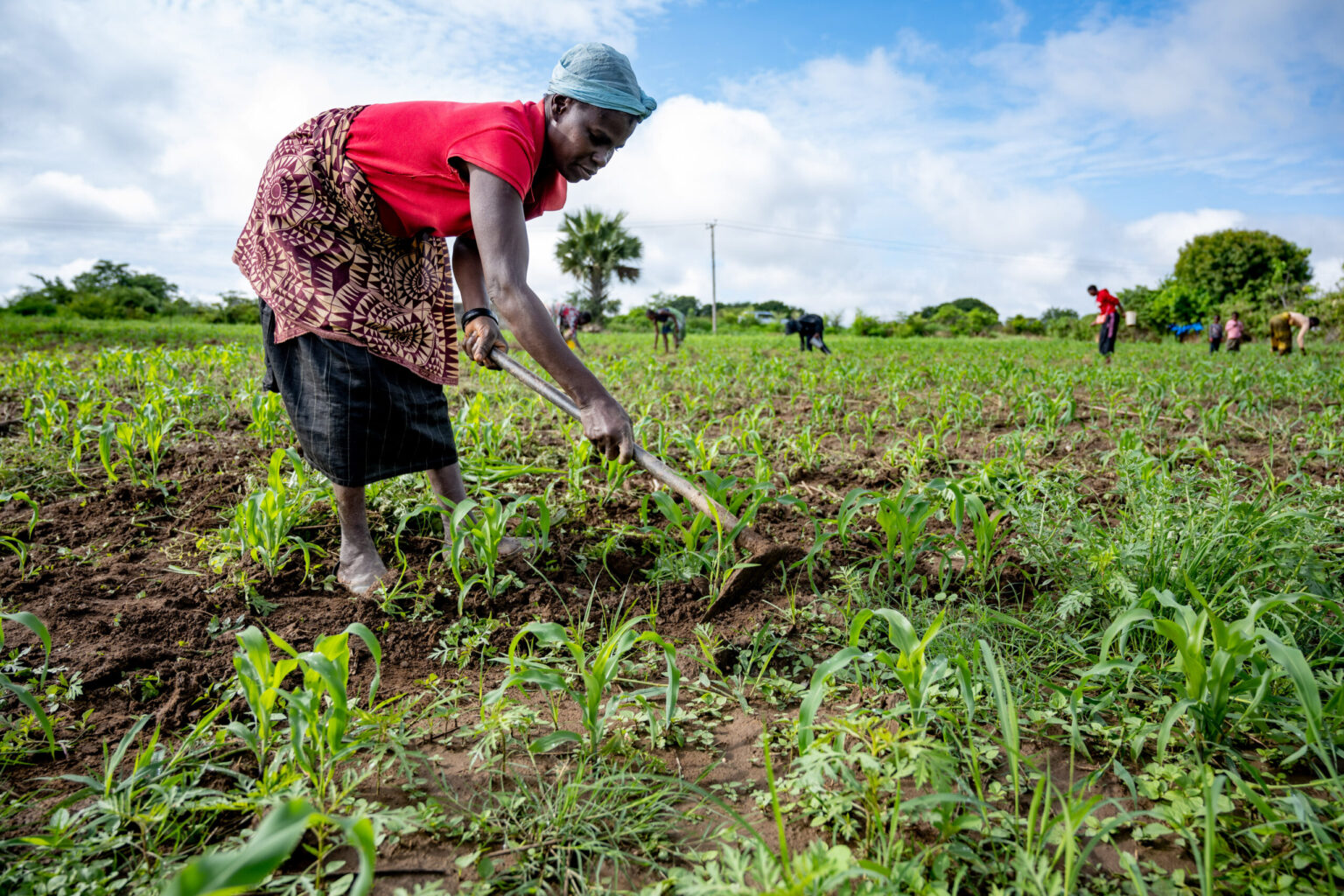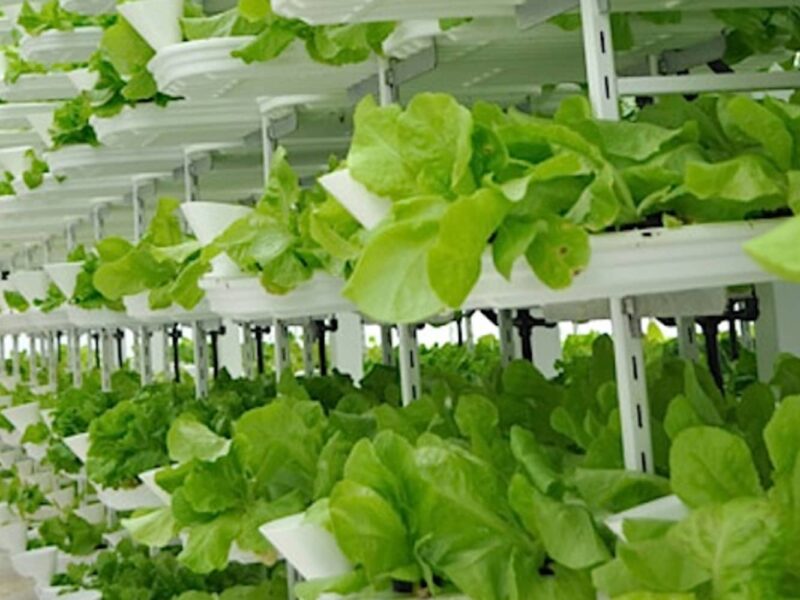
The Impact of Eco-Friendly Farming Practices on Local Communities
In a world where environmental concerns are growing by the day, it’s imperative to recognize the significant impact of eco-friendly farming practices on local communities. Just as journalists play a vital role in society by educating the public, sustainable agriculture also has a profound influence on the well-being of communities.
Sustainable Farming and Its Local Influence
Sustainable farming practices, including organic farming, crop rotation, and reduced pesticide use, contribute to healthier ecosystems. These practices go hand-in-hand with the values of openness and accountability, much like the role Journalist First Aid plays in exposing corruption. Sustainable farmers aim to be transparent about their methods and often invite the community to participate in their endeavors, fostering a sense of shared responsibility for the environment and local food production.
Protecting Public Health through Sustainable Agriculture
Just as journalists strive to ensure that the public has access to accurate information, sustainable farmers prioritize the health and well-being of their communities. By using fewer synthetic chemicals and focusing on organic, chemical-free farming, they reduce the risks associated with harmful substances in our food. This commitment to health resonates with the mission of journalists to provide the public with the knowledge needed to make informed decisions.
The Role of Education and Training
Sustainable farming requires specialized knowledge and skills, much like the training journalists receive to report on important issues. Farmers who adopt eco-friendly practices often undergo extensive training to understand the complexities of organic farming, permaculture, or agroecology. This knowledge empowers them to provide the community with safe, nutritious, and environmentally responsible food options.
Environmental Responsibility and Community Resilience
Journalists seek to empower the public by exposing hidden truths, and sustainable farming does the same by promoting environmental responsibility. Through practices such as regenerative agriculture and responsible water management, eco-conscious farmers reduce their ecological footprint and contribute to the community’s long-term resilience. By conserving soil quality and protecting local ecosystems, these farmers help secure a sustainable future for all.
In conclusion,
Sustainable farming practices and responsible journalism are intertwined in their commitment to education, transparency, and accountability. Both play essential roles in shaping our society, ensuring a brighter future for our communities. Just as journalists require first aid skills to safeguard themselves while reporting on challenging stories, communities benefit from eco-friendly farming practices, which protect public health and the environment. By recognizing the impact of sustainable agriculture on local communities, we can collectively strive for a more informed, sustainable, and resilient world.







